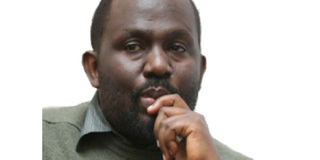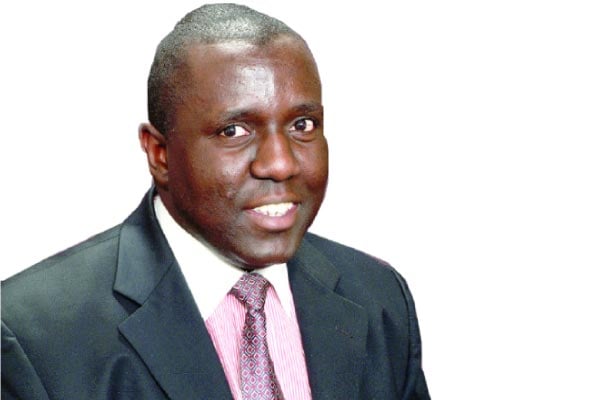Across the border and here at home, strange-good in schools

Every now and then, you run into stories that mess your head about Africa. When it comes to education, the latest from Rwanda nearly yanked my head off my shoulders. According to a recent report in the regional weekly The East African, public (government) schools in Rwanda have improved so much, students are abandoning private schools in large numbers. The exodus is so huge, private schools are closing.
The story said that private schools had appealed to the government to pay and send students to them, so they can survive. Thankfully, the government said no. That is not the way the free market in education works. I never thought I would read a headline like that in an African newspaper for a long time.
That story is up there with one I read about Uganda some years ago. It said Uganda had the highest rate of “home schooling” in East Africa and possibly in Africa! I haven’t seen the latest data, but I wouldn’t be surprised if the trend held. I personally know a couple in Kenya who home school their kids. I know three in Uganda.
The Rwanda case is unusual, because in nearly all of Africa, whenever the government announces that it is introducing [free] Universal Primary Education (UPE) or Universal Secondary Education (USE) private investors rush to buy land and build schools.
Because the quality of education in the State sector is so lousy, when governments announce that they are increasing enrolment, parents who can get a little money take off with their children like rats from a sinking ship and head to private schools. The private schools are better managed, pay teachers better and on time (some are predators it must be admitted), and tend to have better facilities.
At some of the best and more pricey private primary and secondary schools in Africa, kids get an email on their first day, they have a room to themselves with a small fridge, get their laundry done, and order what they would like to eat ahead from a long menu.
There have been stories of children who finish school at the same time as their once well-paid or rich parents lose their jobs or fall on hard times, and the most luxurious time they ever have is when they were at school.
What is happening in Rwanda, and the fact that many Ugandans home school their children, should tell us that there is something amiss with the private school model.
The problem is not, as some politicians like to argue, that private schools (especially boarding ones) are socially and economically bad.
Rather, private schools should not exist because the government is hopeless at providing good education. Great believer in the free market as I might be, it is really not a good way to spend your money to pay Shs5,000,000 a term for your child to learn exactly the same subject which is being taught for the equivalent of Shs50,000 a term in a government school – albeit badly. Schools should exist as a different academic, social, and philosophical universe. Most parents who home-school their kids are usually the highly educated ones with good jobs and professions, who can afford to set up the infrastructure to do that at home. In Uganda, they can afford to take their kids to the most expensive schools, but they don’t.
They don’t because they think the schools – private and public – wouldn’t impart the right kind of values they would like their children to have. Some want their children to have a highly religious education, which the best public and private schools wouldn’t offer.
One of those I know wanted their children to get a purely “scientific” upbringing, and didn’t want their kids to be taught all that stuff about God creating woman from a man’s ribs, and how he made us from Earth.
In other parts of the world, some schools have abolished homework and think that it, and uniforms, kill children’s imagination and impose a harmful uniformity that is not good for democracy and creativity. Others think children these days are spoilt, and need structure and to be beaten into line. They provide the goods accordingly.
These deeply philosophical alternatives are what make the difference between public and private schools meaningful. Not the fact that a child will get to learn to ride a horse at the expensive private school that teaches the Uneb curriculum, and another one will walk barefoot to a UPE school to study the same thing.
The fact that Rwanda’s private schools are in crisis because the State offering is better is proof that they existed for the wrong reasons. Their Ugandan counterparts need to learn before a smart government takes power in Kampala in I don’t know how many years to come.
Mr Onyango-Obbo is the publisher of Africa data
visualiser Africapedia.com and explainer site Roguechiefs.com.
Twitter@cobbo3




